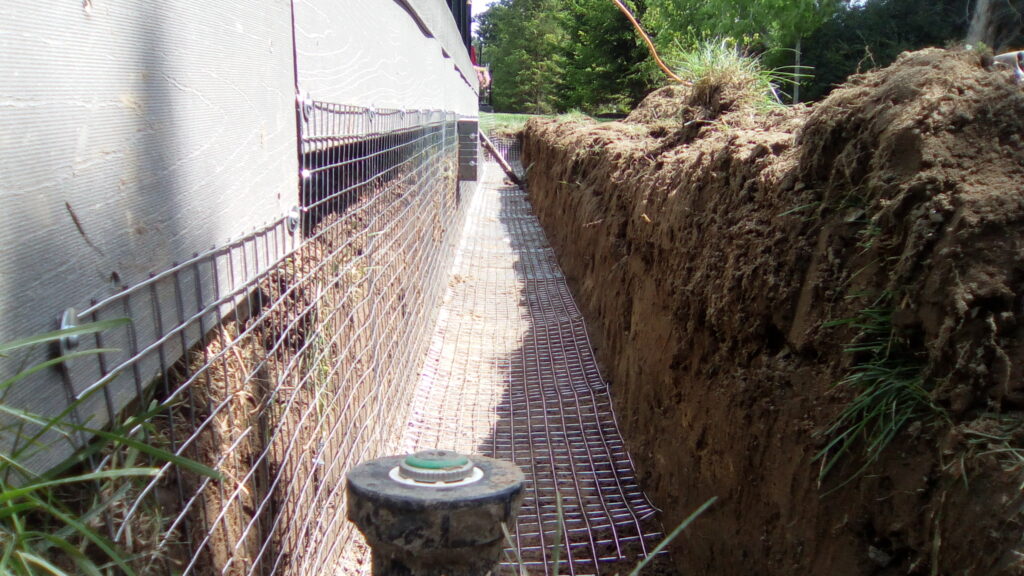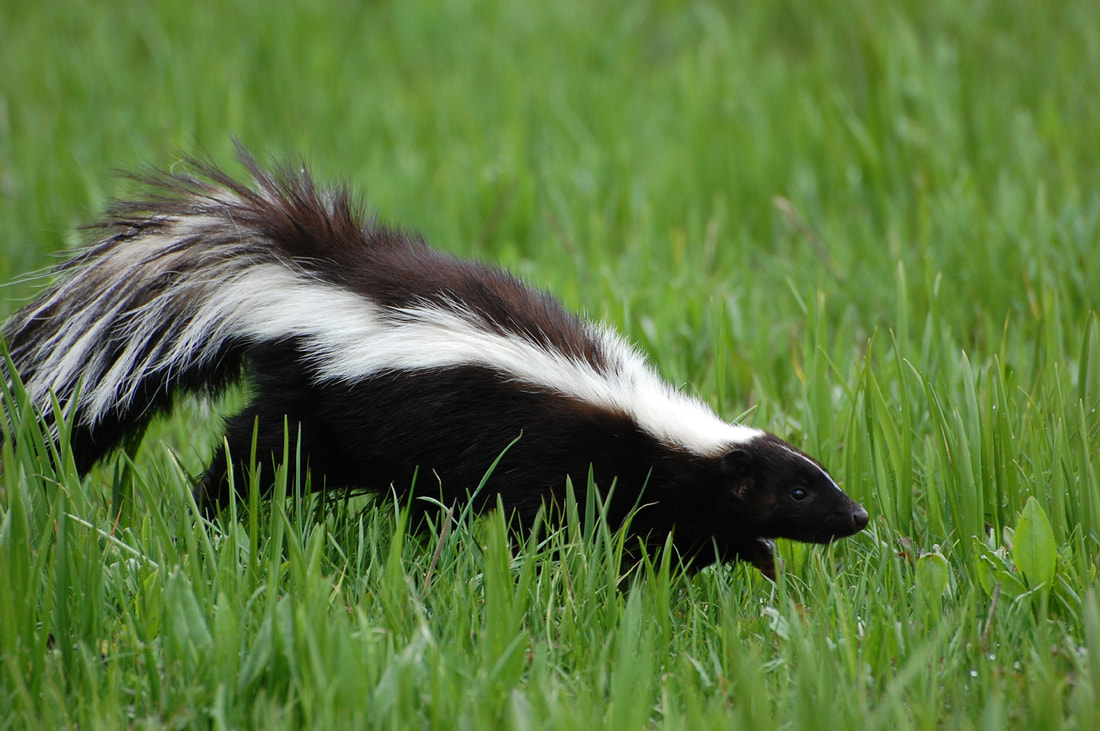Is Skunk Spray Dangerous for Your Dog?
Skunk spray can be dangerous for your dog, especially if sprayed on the face or in the mouth. The chemical makeup of the spray can cause vomiting and severe anemia in rare cases. Additionally, if the substance gets into the eyes, it can cause temporary blindness by damaging the cornea. If the spray is ingested or is mainly on the head and face, take the dog to the vet immediately for assessment. Do not be alarmed if your dog vomits initially after the incident. The vile odour is enough to induce a gag reflex and cause nausea. However, if the vomiting persists, is accompanied by diarrhea, or if the dog's eyes are red and watery, it is vital to get your pet to a veterinary clinic. While all of this is alarming, keep in mind that in most cases, your dog will be fine. Severe reactions, like those discussed above, are rare. Essentially, a vet is likely unnecessary if your dog is not showing any adverse reactions to being sprayed within 30 minutes of the event. You can focus on removing the yellowish substance and odour instead.
How To Remove Skunk Smell From Dog?
Do not use tomato juice, sauce, ketchup, or vinegar; these products will not work and will make the odour worse in many cases. You will also want to avoid hosing the animal down. Skunk secretions are oil and made up of volatile compounds — thiols and thioacetates. Thiols are the more intense of the chemicals and cling rapidly to skin proteins. Thioacetates, while less odorous, convert to thiols when combined with water, meaning water can make things worse. To neutralize the smell, you will want to use a vet-recommended, commercially available skunk combatant or odour remover typically available at pet stores. If your pet is sprayed late at night, which is common, you can opt for a homemade solution of three to four parts hydrogen peroxide (3%), one part baking soda, and one to two teaspoons of dish detergent. If using a homemade solution, you will still want to use a commercial solution to eliminate the odour further.How Can You Prevent Future Incidents?
Protecting your dog from skunks is about vigilance. There are a few things you can do to lessen the risks of an interaction:- Fence your yard
- Use motion sensor lights
- Check the yard before letting the dog out



